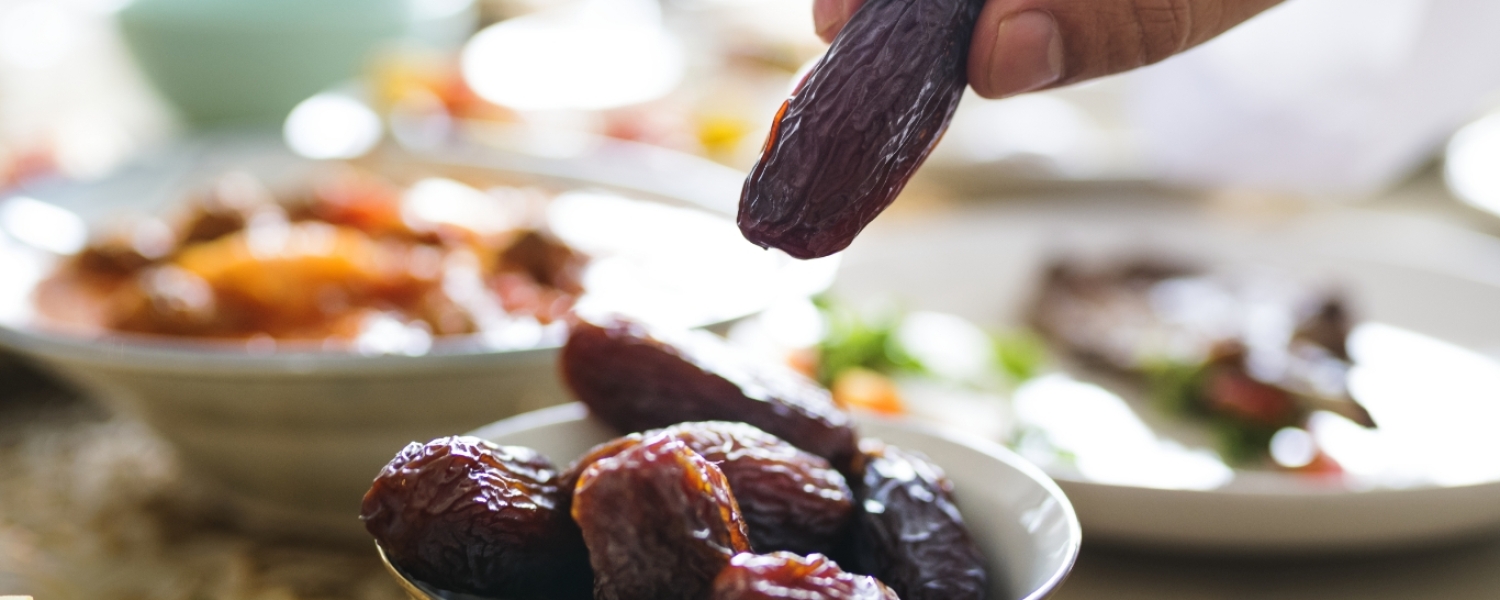
Ramadan is a time of spiritual reflection, self-improvement, and heightened devotion and worship. However, the physical aspect of fasting from dawn until sunset can pose challenges to one’s health if not approached correctly. Fasting during Ramadan is not just a religious duty but also an opportunity to improve one’s health and well-being. This article aims to provide you with a comprehensive guide on how to maintain your health and stay well during Ramadan, ensuring that you can fully engage in the spiritual journey while taking care of your physical body.
Fasting has been studied extensively for its potential health benefits, including improved blood sugar control, reduced inflammation, and a boost in cardiovascular health. However, it's important to approach fasting with knowledge and preparation to avoid any adverse effects on your health.
Fasting offers numerous health benefits, including enhanced metabolic health through improved insulin sensitivity and stress resistance, aiding in overall wellness. It also supports weight management by reducing calorie intake and boosting fat metabolism. Additionally, fasting can contribute to enhanced brain function by increasing the production of brain-derived neurotrophic factor (BDNF), a protein crucial for brain health, thus promoting mental clarity and cognitive performance.
To mitigate fasting risks, ensure adequate hydration by drinking plenty of water during non-fasting hours. Plan meals meticulously to include all essential nutrients, preventing nutrient deficiency. Adjust activity levels and secure ample rest to counter low energy levels, safeguarding well-being during fasting periods.
Proper nutrition is crucial during Ramadan to sustain energy levels throughout the day and support your health. Planning your Suhoor (pre-dawn meal) and Iftar (meal to break the fast) with the right balance of nutrients is essential.
Preparing Suhoor with a focus on sustained energy involves incorporating complex carbohydrates like whole grains, oats, and legumes for a gradual release of energy. Including proteins such as eggs, dairy, or additional legumes is essential for muscle repair and growth. To ensure long-lasting energy and satiety, adding healthy fats from avocados, nuts, and seeds is also beneficial. This balanced approach supports enduring energy levels throughout the day.
For ideal Iftar meals that replenish energy and nutrients effectively, start with water and hydrating foods such as fruits to immediately begin rehydration. Incorporate quick energy sources like dates and fruit juices to swiftly replenish energy reserves. Finally, follow up with a balanced meal that includes a variety of vegetables, lean proteins, and whole grains. This combination ensures hydration, quick energy recovery, and sustained nourishment to support health and vitality during Ramadan.
To ensure adequate hydration between Iftar and Suhoor, aim to drink at least 8-10 glasses of water. It's also advisable to minimize caffeine intake during these hours, as caffeine can contribute to dehydration, impacting your fast and overall well-being.
Maintaining physical well-being during Ramadan involves adjusting your routine to accommodate your fasting schedule and fluctuating energy levels.
Adapting Your Exercise Routine
Timing: Opt for light workouts after Iftar to utilize the energy from your meal, or consider gentle exercises before Suhoor to avoid the day's heat and maintain energy levels.
Intensity: Engage in low to moderate-intensity activities to conserve energy and prevent fatigue, ensuring a more comfortable and sustainable fasting experience.
Ensuring sufficient rest and quality sleep is paramount during Ramadan. Aiming for 7-8 hours of quality sleep per night helps in maintaining overall health and well-being. Additionally, incorporating short naps during the day can be beneficial in mitigating any sleep deficits, especially considering the altered eating and sleeping schedules. Proper rest is crucial for sustaining energy levels and supporting the body's ability to fast effectively.
This comprehensive guide aims to ensure that you can maintain your health and wellness during the holy month of Ramadan. By understanding the significance of Ramadan, planning your nutrition, adapting your physical activity, and managing your mental and emotional well-being, you can make the most of this spiritual time while taking care of your body.
Fasting during Ramadan is a profound experience that encompasses spiritual, emotional, and physical aspects. By preparing adequately and making mindful choices, you can ensure a healthy and fulfilling fasting experience. Remember, it's essential to listen to your body and consult healthcare professionals if you have any concerns about fasting with pre-existing health conditions. May this Ramadan bring you peace, health, and spiritual fulfilment.